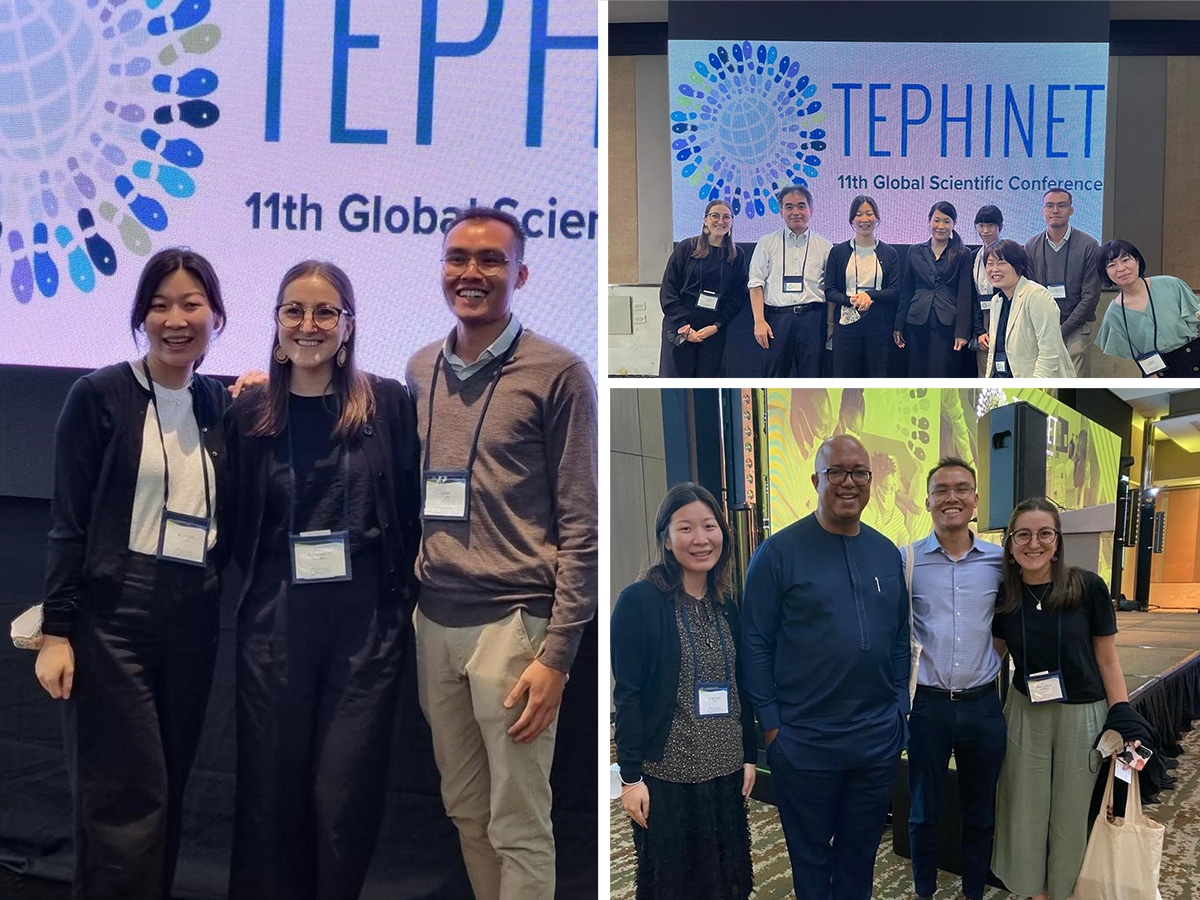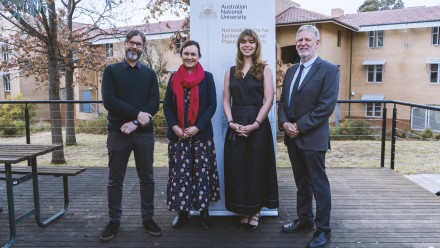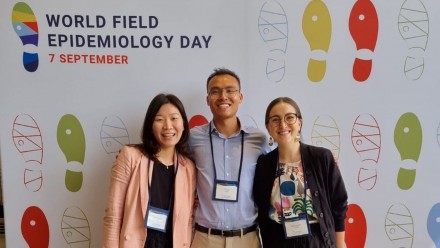PanaMAEnian Adventures
This year, the 11th TEPHINET Global Scientific Conference was held in Panama City, Panama, from 4–9 September. This event provided a forum for Field Epidemiology Training Program (FETP) residents, graduates, and mentors worldwide to come together and learn about the latest in applied epidemiology research and practice from one another. As Australia’s only TEPHINET-accredited FETP, the MAE Program was represented at the conference by MAE 2021 Scholars Zoe Joo, Meg Dalmau, and Aidan Yuen.
This conference provided an excellent opportunity to share our research findings on invasive pneumococcal disease surveillance in Queensland, SARS-CoV-2 wastewater surveillance in Victoria, and our national hospital-based surveillance system for COVID-19. Between the three of us, we also co-facilitated a workshop on using adult learning theories in FETPs, attended a GOARN workshop, and moderated several oral and poster presentations. Despite our busy schedules, we still managed to squeeze in a lovely dinner with the Japanese FETP, which proved to be one of the highlights of the week.
In training through the COVID-19 pandemic, the MAE can sometimes feel insulated and isolated from the rest of the world. But the conference was a reminder that we are part of a much larger network of FETPs, which makes for countless opportunities for learning, exchange and collaboration. In particular, it was insightful to learn how different FETPs are structured globally. For example, Chinese FETP residents spend one year with the Chinese CDC and another year with a local public health unit. Meanwhile, the Thai FETP includes streams for non-communicable diseases and veterinary epidemiology. Such models could serve as precedents for future MAEs to better meet the public health needs of the future.
As much as applied epidemiologists need to have a solid foundation in outbreak investigation, public health surveillance, and epidemiological research, the conference emphasised the need to upskill in other domains, such as one health, genomics, behavioural science, and data science. In addition to having a broad toolkit of technical competencies, strong interpersonal skills, such as communication and leadership, are also crucial to best practice epidemiology.
An inspiring keynote address also called us to question the historical practice of public health. It highlighted that we all need to learn about the colonial roots of field epidemiology and how it continues to pervade contemporary practice. Only then can we begin to reflect and evaluate our own position and practice of applied epidemiology. What roles can we safely hold in global health that will not perpetuate paternalistic structures or unintentionally cause harm due to our own inherent biases?

Overall, the week was a time to learn from, and connect with, other FETPs and experience new cultures from around the world. The week proved to be thought-provoking, reflective, engaging, and a welcome break from thesis writing!









